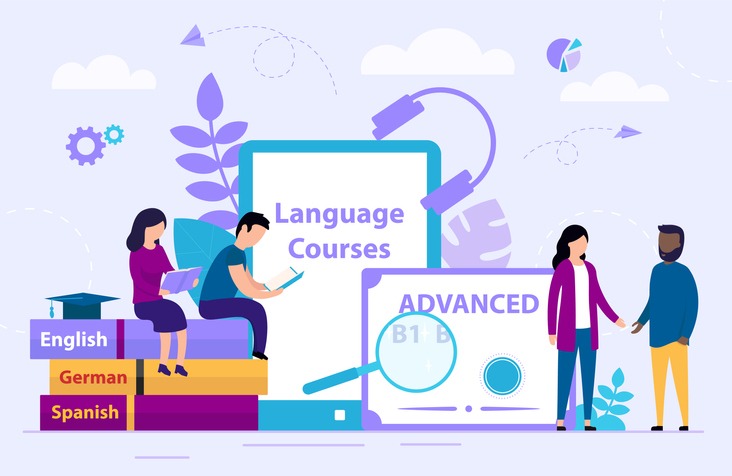
To boost the language capacity of the UK, several programmes are working to improve the teaching of languages and increase uptake in language subjects
In the British Council’s Languages for the Future report, five languages were identified as a priority for the UK – Spanish, Mandarin, French, Arabic and German – and, according to
the report, only one-in-three Britons can hold a conversation in another language.
The DfE is investing £14.9m over the next three years in language studies across the five priority languages and beyond through language hubs and programmes. On March 3 the National Consortium for Languages Education (NCLE) was established to deliver the language hubs programme, which will work with up to 25 lead schools to support partner schools in local areas to improve the teaching of languages. The NCLE will provide resources to support teaching in:
- French;
- German;
- Spanish.
These can be found on the NCLE resource portal and cover classroom materials, professional development and useful tools.
Language excellence hubs have also been launched to help improve language teaching. The Mandarin Excellence Hub was started five years ago to offer support for schools to deliver intensive Mandarin study, develop teachers and help them increase the number of pupils studying Mandarin; it exceeded its target of seeing at least 5,000 pupils in England on track towards fluency in the language by 2020.
Following this success, the Latin Excellence Programme has now been launched to improve the uptake and attainment of Latin at GCSE. It has been put in place to support non-selective state schools to teach Latin at KS3 and 4 The programme offers:
- funding to increase Latin provision;
- a fully-resourced, evidenced-based KS3 and KS4 curriculum to support all students, regardless of starting knowledge;
- enrichment activities and trips for all students;
- school visits from expert practitioners six times each year;
- regular, high-quality, continuing professional development for the teaching of Latin in the state sector.
Schools joining the programme are expected to have an Ofsted rating of ‘good’ or ‘outstanding’ and be at, or towards, an EBacc entry rate of 40% or more.
However, as the programme is currently at full capacity, places may become available for new schools to start the programme in September 2023. The programme is free.



Be the first to comment